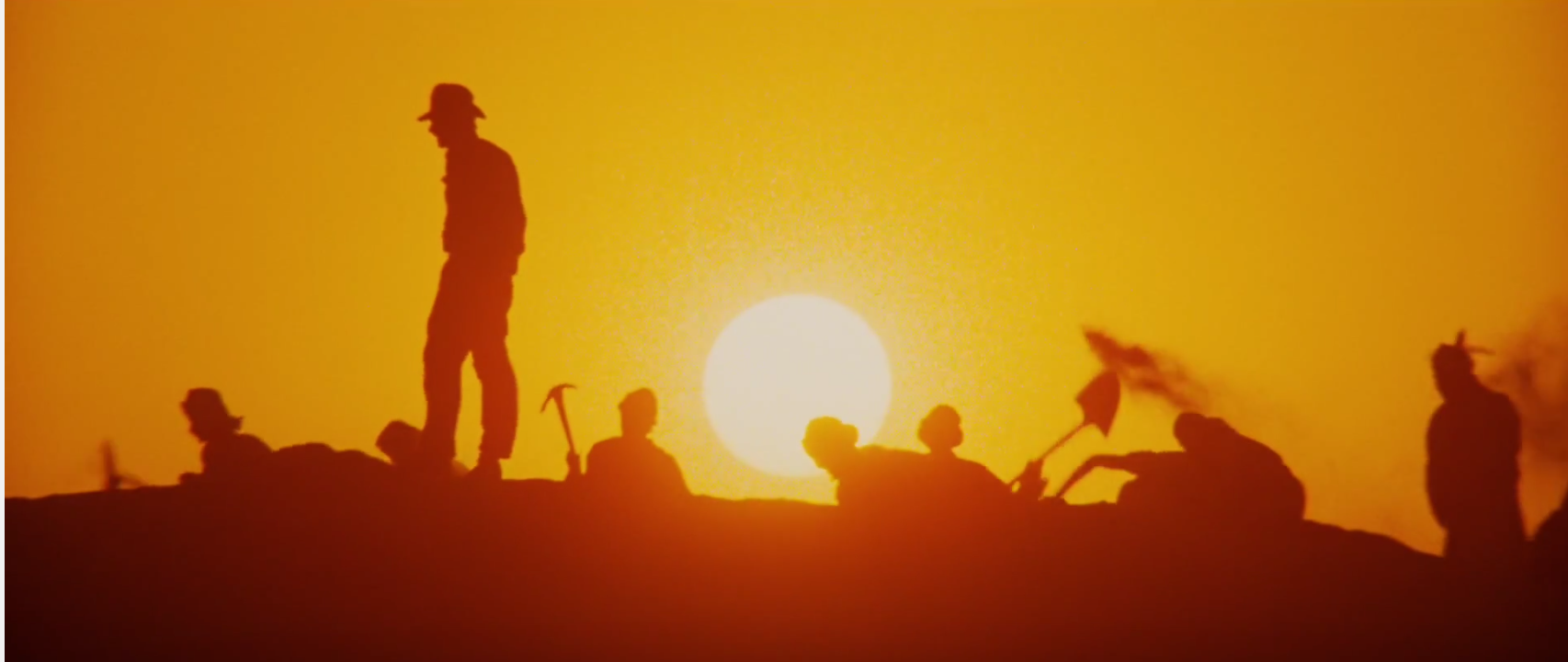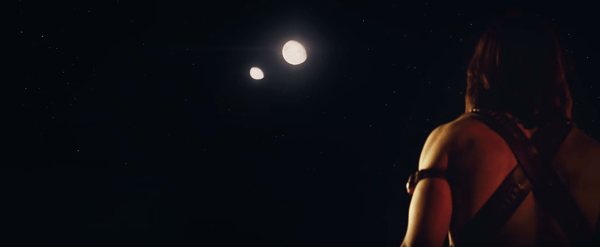
Now that we have a plot outlined, let's examine the best type of protagonist for the story's environment.
A simple way to start: what is exceptional about our protagonist if he / she is not a Chosen-One or a Messiah? If we're writing a free book to read online, does the audience demand a certain gravitas from their protagonist? Don't we all want to manipulate the world's very axis?
Well, if not, why is it important that our protagonist is even involved with the story's shifting world...?
Who are the best science fiction / fantasy / adventure hero role-models?
The nearest allegories that always spring to mind are the Han Solo / Indiana Jones / Malcolm Reynolds-types. A person adrift in a bigger universe in an era where they really shouldn't be involved, but nevertheless these jerks are. Han shouldn't be blowing up Death Stars. Indy shouldn't be beating up Germans. Mal shouldn't be bringing down governments (Serenity).
The throwaway answer is: they don't need a reason.
I've looked to a lot of inspirations while crafting Ghost Little's free books to read online. Sidestepping Joseph Campell was a big principle in the writing structure.
The Joseph Campbell hero journey states the protagonist resisting the call. For instance:
- Luke initially truns Obi-Wan down when the old Jedi asks the boy to come with him on a quest in A New Hope,
- Indy recommends Ravenwood instead of himself to the government guys in Raiders of the Lost Ark before accepting the job
- Mal considering dumping River overboard in Serenity when they discover she's a living combat-weapon
On the other hand, Steve Rogers simply states, "I don't want to kill Germans, I just don't like bullies" in Captain America: The First Avenger when Peggy Carter asks him why he joined up.
Neo in The Matrix definitely refuses the call at first and decides to fight in spite of this. He also resists being The One in the sequels, considering how he is specifically more interested in Trinity than the totality of the human race, demonstrated in The Matrix Reloaded.
To wit, there may be a hero with a thousand faces, but there are other types of heroes. We needn't feel obligated by rules in Suns Go Dark. These free books to read online resemble the serials of old, which means we get to take all their free-flowing advantages while packing truer character motivations.
These characters nonetheless have varying success in becoming "chosen-ones." Indy is not a Chosen One, but he nonetheless is a protagonist having an adventure on one of the threads of history's tapestry. You and I know he didn't win the war, so it's okay for him to bump against history, because we know he won't change history.
Must the novel's protagonist change the course of history?

Of course not. Would we be so vain? I posit readers in our current environment prefer protagonists that do the best they can against the hugeness of the world around us. If the characters are honest, and real, and true, and deserving, the story is not in how the proper person put history back on course, rather, a person tried hard and crashed against the might of their reality.
Adapting this stance for our story, and most other free books to read online within Ghost Little's library, the protagonist in Suns Go Dark is bumping against a fictional history. We don't have the luxury of the reader knowing how a global conflict ends the way we know Indy beat up Germans and saved the Ark. Instead of Indy, I'd say our protagonist perhaps might be more like a non-noble Game of Thrones character. They are one person's perspective of history happening, in all its extremism. Big, absurd things happen when history pivots. A good protagonist points this out and acts appropriately in a difficult situation, perhaps in spite of their station in life.
Likable, but indifferent. Profiteering, but with admirable nobility. Capable, maybe even understanding and sympathetic, but not seduced by the call of something bigger.
Why is it important this person play a part on the bigger stage? Because after resisting seduction into the grander world—a world of a fictional society's remarkable, story-making rules—the protagonist mainly wants to prove they can do something they always imagined they could. Instead of being motivated by a dead wife, or being chosen by fate, the protagonist is motivated by a personally-motivated drive. Capable people shouldn't be sidelined, self-imposed least of all.
Think of Indy at the end of Raiders. Despite calling it "chasing the boogie-man" in the beginning and packing a gun, he understands that he probably believed in the Ark all along. He has a fairly subtle, remarkable character progression.
It's a basic answer. It's a start though.
In the next segment, I further brainstorm the sci-fi setting's idological force, and its parallels in our own world.

